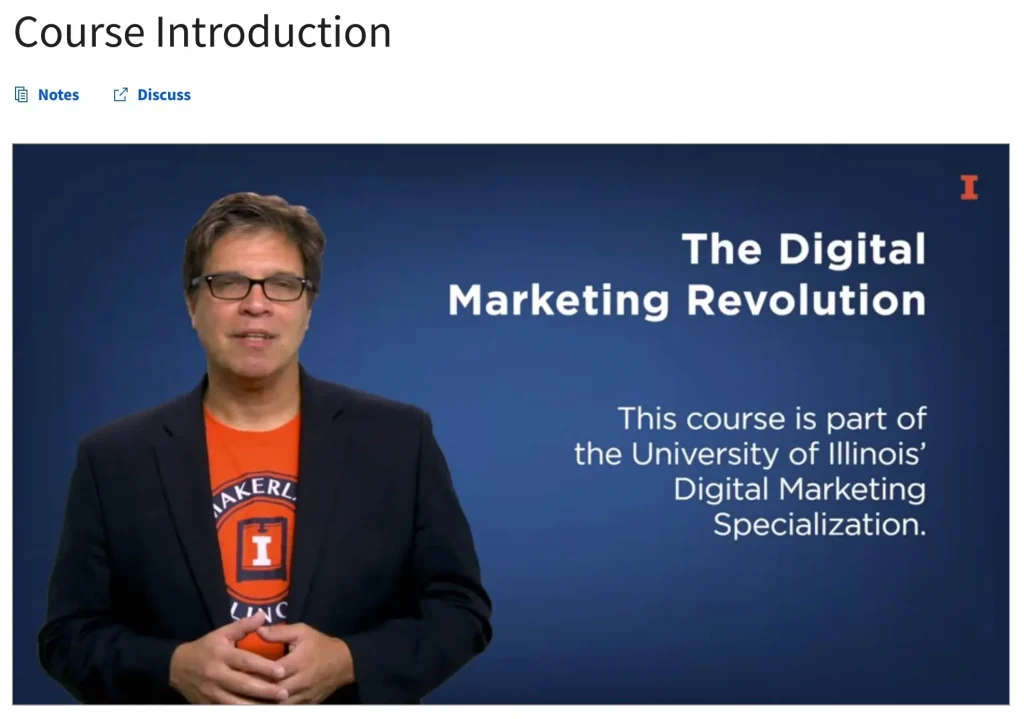In today’s rapidly evolving job market, continuous learning and skill development are essential to staying competitive. The rise of online education and diverse course options has made it easier than ever to enhance your qualifications. One of the main decisions professionals face is choosing between short-term and long-term courses. Both types of courses have their own advantages, and understanding which suits your career goals can help you make an informed decision. In this article, we’ll compare short-term vs. long-term courses, discuss their benefits, and help you determine which is the better choice for your career advancement.
What Are Short-Term Courses?
Short-term courses are typically designed to teach specific skills or knowledge over a brief period of time. These courses can range from a few hours to a few weeks, and they are often focused on practical, hands-on learning. Examples of short-term courses include workshops, boot camps, certifications, and online tutorials.

Why Choose Short-Term Courses?
Short-term courses are ideal for professionals looking to gain new skills or enhance existing ones in a short amount of time. They allow you to quickly learn a specific set of skills that can immediately be applied in your job. These courses are often more flexible, allowing you to learn at your own pace or around your work schedule.
For example, if you are looking to improve your digital marketing skills or want to become proficient in data analysis, enrolling in a short-term online course will provide you with the knowledge you need to make an immediate impact. Short-term courses are also cost-effective, making them an accessible option for those on a budget.
Benefits of Short-Term Courses:
- Quick Skill Acquisition: Ideal for learning a specific skill quickly, such as coding, SEO, or graphic design.
- Cost-Effective: Generally less expensive than long-term programs, making them an accessible option.
- Flexibility: Most short-term courses are offered online, giving you the ability to study on your own schedule.
- Immediate Application: You can apply what you’ve learned directly to your job, often within a few weeks or months.
- Networking Opportunities: Many short-term programs have a strong community of professionals, allowing you to connect with like-minded individuals.
What Are Long-Term Courses?
Long-term courses, on the other hand, are comprehensive programs designed to provide in-depth knowledge over an extended period. These courses can range from several months to multiple years and often culminate in a degree or a professional qualification. Examples include university degree programs, professional certifications, and postgraduate diplomas.
Why Choose Long-Term Courses?
Long-term courses provide a broader and deeper understanding of a subject. If you want to pursue a career change or advance into a higher-level role, long-term courses can equip you with the foundational knowledge and expertise required for those positions. These courses often include theoretical knowledge and practical application, and they may provide opportunities for internships, research, or hands-on projects.
For example, a long-term course in business administration or computer science can open up opportunities for leadership roles or specialized positions. While they require more of a time and financial commitment, long-term courses also offer a comprehensive curriculum that provides a well-rounded understanding of the field.
Benefits of Long-Term Courses:
- Comprehensive Learning: Provides an in-depth and broad understanding of a subject.
- Higher Credentials: Earning a degree or professional qualification enhances your resume and can help you stand out to employers.
- Career Advancement: Long-term courses are often designed to prepare you for higher-level roles or career transitions.
- Networking Opportunities: You’ll have the chance to network with professors, fellow students, and alumni who can support your career growth.
- Job Stability and Security: Long-term qualifications are often required for senior or specialized roles, providing better job stability.
Short-Term Courses: When Are They the Best Option?
Short-term courses can be a great choice in various situations. Here are a few instances when they might be the better option for your career development:

1. When You Want to Learn a Specific Skill Quickly
If you’re looking to acquire a particular skill, such as social media marketing, web development, or project management, short-term courses are ideal. These programs are highly focused on teaching you what you need to know to succeed in a specific area.
2. When You Have Limited Time or a Busy Schedule
If you’re working full-time or have other commitments, short-term courses offer the flexibility to study at your own pace. They are often designed to fit around your schedule, allowing you to learn without disrupting your current job.
3. When You Want to Test a Career Path
If you’re unsure whether a career in a particular field is right for you, taking a short-term course can give you a taste of the subject without a long-term commitment. For example, if you’re considering a career in data science, a short-term online course will give you an introduction to the field before you decide whether to pursue further studies.
4. When You Need Cost-Effective Learning
Short-term courses tend to be more affordable than long-term programs. If you’re working with a limited budget or want to avoid accumulating student debt, these courses provide an accessible option for skill enhancement.
Long-Term Courses: When Are They the Best Option?
While short-term courses have their advantages, there are times when long-term courses may be the better option. Here are a few scenarios when committing to a long-term course makes more sense:
1. When You Want a Deep, Broad Knowledge
If you’re aiming to become an expert in a particular field, a long-term course offers the depth and breadth of knowledge required. For example, a degree in marketing or computer science will provide you with a comprehensive understanding of the field, including theoretical concepts and practical skills.
2. When You’re Changing Careers
If you’re looking to switch to a completely different field, long-term courses can provide the foundational knowledge you need. These programs are designed to take you from novice to expert, equipping you with the skills required to succeed in a new career.
3. When You Want a Recognized Qualification
For many higher-level roles, a degree or professional certification is required. If you’re aiming for senior positions, such as in management, law, or medicine, a long-term course will equip you with the necessary credentials to secure those roles.
4. When You Seek Networking and Career Support
Long-term courses often come with significant networking opportunities. Through internships, career services, and alumni networks, these programs can help you build lasting connections that can lead to job offers or professional mentorship.
Which Is Better for Your Career?
Ultimately, the decision between short-term and long-term courses depends on your career goals, current situation, and the skills you need to develop. Short-term courses are ideal if you’re looking to enhance your existing skills quickly, learn a specific tool or technology, or if you have a limited amount of time or resources. On the other hand, long-term courses are best for those looking for a comprehensive education, career advancement, or a career change.

Consider the Following Questions:
- What is your goal? Do you want to specialize in a certain skill or become an expert in a new field?
- How much time do you have? Do you have the time to commit to months or years of learning, or do you need something more flexible?
- What is your budget? Can you afford the cost of a long-term course, or would a short-term course fit your budget better?
- What level of expertise do you need? Do you need a deep understanding of a subject, or will a quick skill acquisition suffice?
Conclusion
Both short-term and long-term courses offer significant value depending on your career goals. Short-term courses are great for acquiring specific skills quickly and affordably, while long-term courses provide in-depth knowledge and qualifications that can open doors to higher-level roles and career transitions. Assess your personal career objectives, learning style, and available resources to determine which option is best for you. By choosing the right type of course, you can take the necessary steps to enhance your skills and achieve your career aspirations in the ever-evolving job market.

Leave a Reply